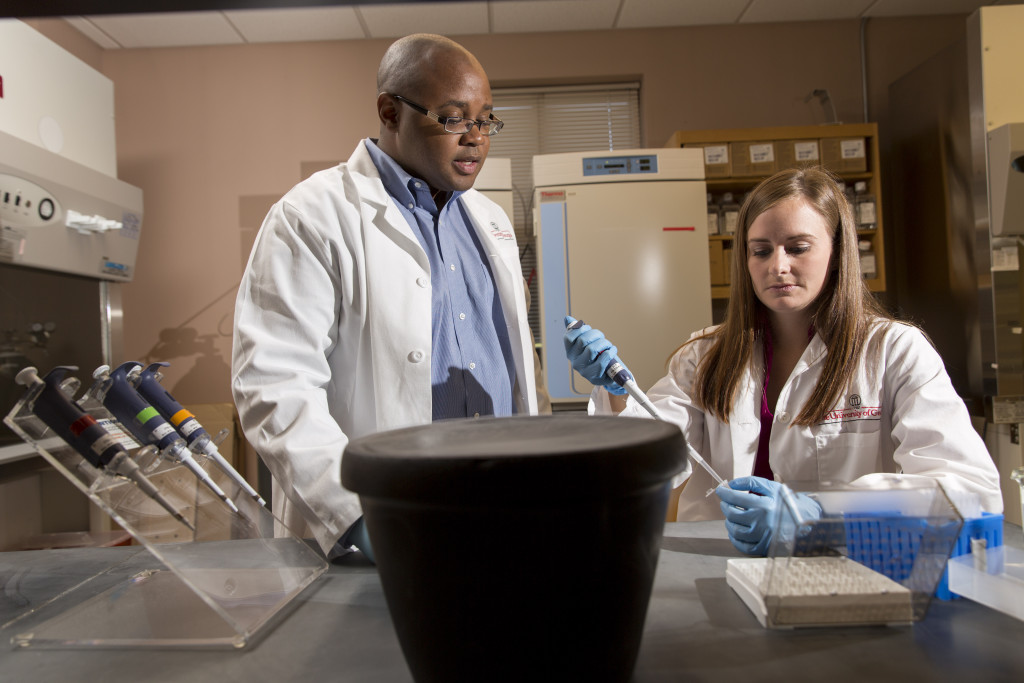
Millions of people each year suffer from neural injury and disease with traumatic brain injury (TBI) and stroke being chief among them. TBI is common in toddler age children that suffer falls from highchairs and stairs, teenagers that compete in football and competitive cheerleading and adults that are in car accidents. Part of the insidiousness of TBI is it disproportionally effects toddlers under the age of 4. These children have the rest of their lives before them and can potentially be facing it with severe disadvantages; suffering from cognitive and motor function impairments. Stroke, like TBI, has a sever and profound effect on the human population. Stroke is the number one cause of long term disability and the fourth leading cause of death in the United States. Stroke uniquely effects the southeast, particularly Georgia where the West Lab is located, as part of the stroke belt. Stroke has a major effect on the victim, their families that have to participate in their long term care and as a society as each year the government spends billions of dollars caring for stroke patients. There are currently no treatments for TBI and only one for stroke despite major efforts to develop therapies.
The West lab is a stem cell laboratory that has been researching the potential of induced pluripotent stem cell derived neural stem cells (iNSCs) to serve as a treatment for TBI and Stroke. iNSCs can be transplanted into TBI and stroke patients, where the cells will develop and replace lost neural tissues and create nascent neural networks with the resident tissue. In addition, iNSCs potentially produce regenerative and restorative factors that promote natural healing, making them a dual purpose treatment. iNSCs can be generated from the patient’s own body. This overcomes the potential of rejection, which is a significant limitation posed by traditional cell therapies and tissue/organ transplants. The West lab has shown positive results in pig models and hope these findings will soon translate to human patients- changing the lives of millions.
